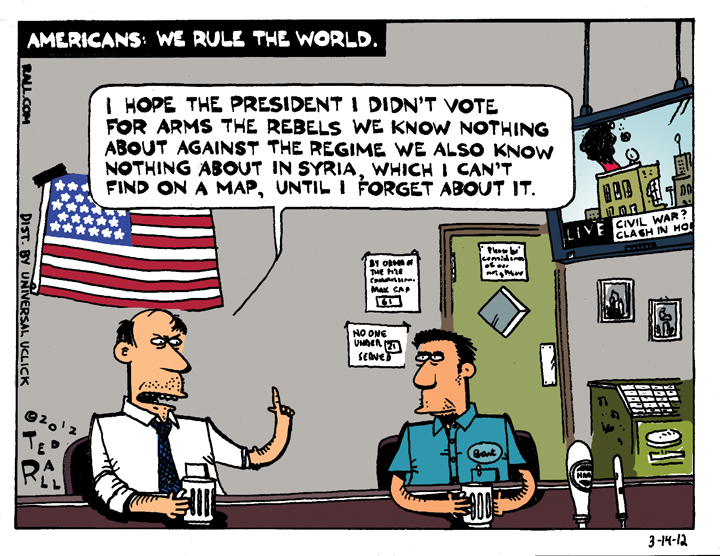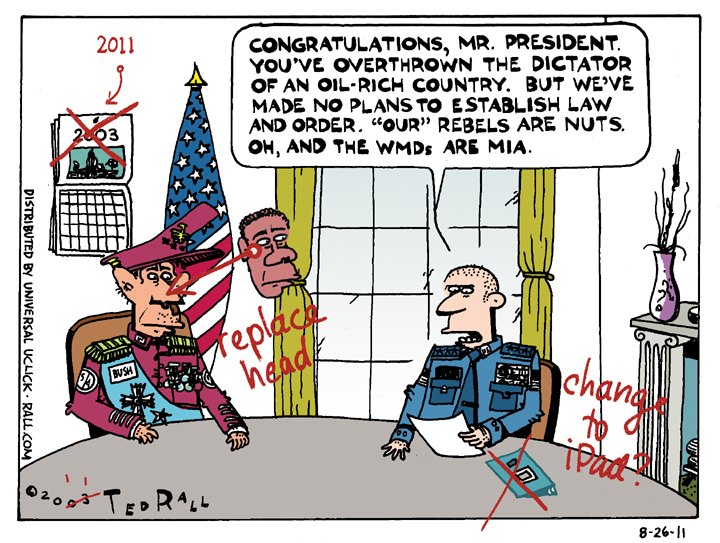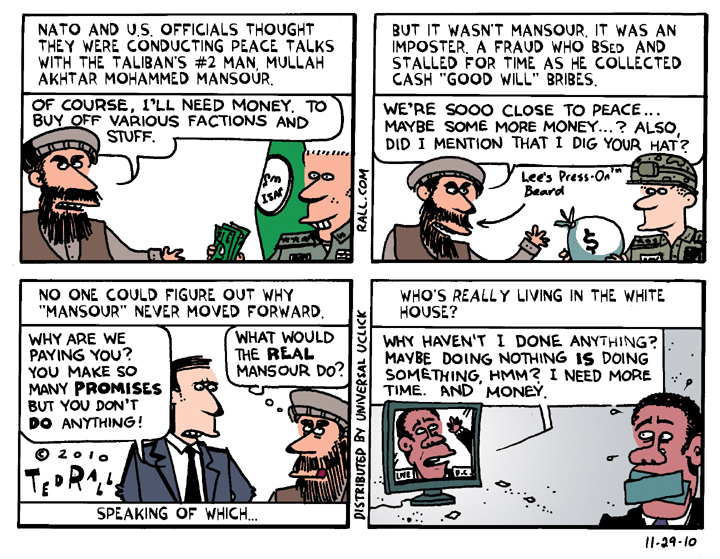 He won last night.
He won last night.
I know it runs counter to conventional wisdom – that’s so rare for me! – but I award last night’s first 2016 presidential debate to Donald Trump.
This isn’t to say that I disagree with what the mainstream men and women of the pundit class said they witnessed. Like them, I watched a well-prepared Clinton outmaneuver a political amateur who showed up to class after a night of partying following a year of refusing to crack open a book. Trump rambled, repeated himself, interrupted and bullied. He conflated NATO and the EU. He even unleashed a fat joke.
All things being equal, I would agree with the corporate media consensus that Hillary won. But that’s the thing – things are far from equal.
Hillary Clinton is a pro. She should have wiped the floor with Trump. Instead, she delivered a performance on the line between a B+ and an A-. Trump gets closer to a C-. That’s much closer than it ought to have been.
As they say in sports, Trump beat the spread.
It went down the same way during the Democratic primaries. Hillary Clinton had every advantage: domination of the Democratic National Committee, support of a sitting president, massive name recognition, experience and personnel from a previous run, a huge pool of wealthy institutional donors, a marriage to a popular ex-president fondly remembered for presiding over a great economic expansion. Despite all that, she nearly lost to Bernie Sanders – an aging self-identified socialist from a tiny, powerless state, with no name recognition. How, many people asked, could Hillary’s inevitable Goliath of a campaign have come so close to losing to such a David?
The answer was obvious. As we learned in 2008 when she lost to another obscure politician — Obama, with a weird name, who had little experience — Hillary Clinton underperforms. She has no charm. She doesn’t learn from her mistakes. She relies on outdated fundraising methods, like sucking up to big corporate donors. Not only does she lie, she insults our intelligence as when she emerged from her daughter’s Manhattan apartment days after being diagnosed with pneumonia. “I’m fine,” she said. What’s the matter with “pneumonia sucks”?
During last night’s debate, I was struck by how many chances Trump had to nail Hillary. If he were a better debater, she’d be toast.
Hillary tacitly confirmed that the United States was behind the Stuxnet virus that attacked Iran’s nuclear centrifuges, implying that she deserves credit for forcing the Islamic Republic to the negotiating table. Because cyberwarfare is illegal, U.S. officials have always refused to comment on whether or not we helped create Stuxnet – so it remains classified. If Trump had been smarter, he would have said: “Jesus, Hillary! There you go again, revealing America’s secrets to our enemies.”
He also allowed her to weasel out of her on-again, off-again support for the Trans-Pacific Partnership “free trade” agreement. Why didn’t he reference the verbal diarrhea of close Clinton friend Terry McAuliffe, who let slip the all-too-credible assertion that President Hillary would sign TPP shortly after coming to office?
His response to Hillary’s demand that he release his taxes came close to disastrous. If ever there was a time to interrupt, there it was. Instead, he just stood there waiting for her to finish. Clearly Trump has a lot to hide. Then he made a lame gambit: “I will release my tax returns — against my lawyer’s wishes — when she releases her 33,000 e-mails that have been deleted. As soon as she releases them, I will release. I will release my tax returns. And that’s against — my lawyers, they say, ‘Don’t do it.’ I will tell you this. No — in fact, watching shows, they’re reading the papers. Almost every lawyer says, you don’t release your returns until the audit’s complete. When the audit’s complete, I’ll do it. But I would go against them if she releases her e-mails.”
It was incoherent and ridiculous. But once he decided to go that direction, why not mention her secret Goldman Sachs speech transcripts? At least that way, he would have conveyed that she has two types of things to hide (emails, speeches) as opposed to his one (taxes).
Rookie errors. But hey, Trump did great for a guy who has never run for political office before – and didn’t cram for the debate. Hillary has debated at the presidential level so many times she could probably do it half of it in her sleep. If I go into the ring with heavyweight boxing champion Tyson Fury and manage to survive a round with all but one of my teeth, it’s fair to say that I won.
What’s baffling to me is that she wasn’t able to deliver a knockout blow.
Some of it is her inability to just be real.
Part of coming off as an authentic human being is a self-deprecating sense of humor. We saw that when Trump asked Secretary Clinton how she wanted to be addressed: “Now, in all fairness to Secretary Clinton — yes, is that OK? Good. I want you to be very happy. It’s very important to me.” It was deferential. It almost seemed sweet. (Weirdly, she didn’t adjust to the honorific, failing to tack to “Mr. Trump.”)
Hillary seems allergic to humanism. Back to the TPP, for example, she could have countered Trump’s fictional assertion she “heard what I said about [TPP], and all of a sudden you were against it” with something along the lines of: “actually, that was Bernie Sanders.”
Another awkward moment was her apology for using a private email server. This should have been a win for her. It was the first time that she expressed regret in a straightforward manner. But she clearly wanted to keep talking, to make excuses, to mitigate. It was also a missed opportunity to make an email joke.
Maybe the herd is right. Maybe it’s a simple matter of she did better, he did worse. But I keep thinking, debates are graded on a curve. She was supposed to kick his ass. Yet there he is, dead even in the polls with her.
(Ted Rall is author of “Trump: A Graphic Biography,” an examination of the life of the Republican presidential nominee in comics form.)




